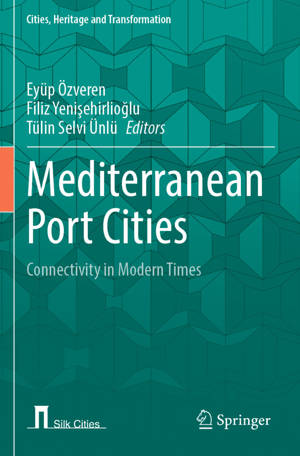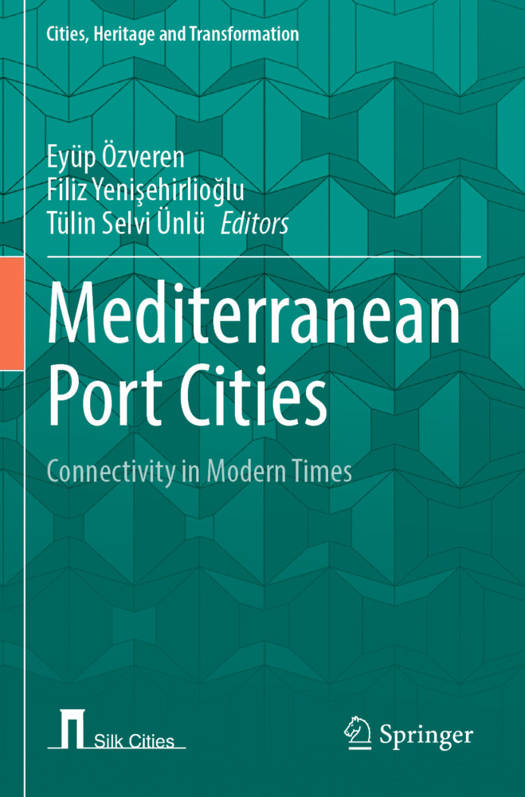
- Retrait gratuit dans votre magasin Club
- 7.000.000 titres dans notre catalogue
- Payer en toute sécurité
- Toujours un magasin près de chez vous
- Retrait gratuit dans votre magasin Club
- 7.000.0000 titres dans notre catalogue
- Payer en toute sécurité
- Toujours un magasin près de chez vous
Mediterranean Port Cities
Connectivity in Modern Times
116,45 €
+ 232 points
Description
This book studies the change in Mediterranean port cities, from the nineteenth century when they flourished as a result of international economic relations and advances in transportation technology, through the twentieth century when the nation-states were at their prime time. This trajectory with two distinct parts belongs as a whole to what we call the modern times. Whereas in the first phase, Mediterranean port cities became hubs of spontaneous urban complexity and social diversity thanks to reciprocal relations that made them the places of cultural exchange, where people from different parts of the Mediterranean met one another, during the second, because of the interruption of such connectivities and major demographic changes the same cities experienced by way of massive migration, they became less and less unlike other cities with which they shared the same geography in general and the nation-state territory, in particular. Over the last few decades, with a new roundof globalization, port cities increasingly find themselves facing new opportunities and connectivities, the realization of which would make them once again different, albeit in variegated ways and to degrees. Our narrative foregrounds contexts and connectivities with specific attention paid to mobility, fragility, and precarity. The purpose of this book is to highlight commonalities of and differences among the select Mediterranean port cities, with a focus on the role of social actors, changing economic relations and spatial characteristics and practices.
Spécifications
Parties prenantes
- Editeur:
Contenu
- Nombre de pages :
- 256
- Langue:
- Anglais
- Collection :
Caractéristiques
- EAN:
- 9783031323287
- Date de parution :
- 29-06-24
- Format:
- Livre broché
- Format numérique:
- Trade paperback (VS)
- Dimensions :
- 155 mm x 235 mm
- Poids :
- 423 g

Les avis
Nous publions uniquement les avis qui respectent les conditions requises. Consultez nos conditions pour les avis.





